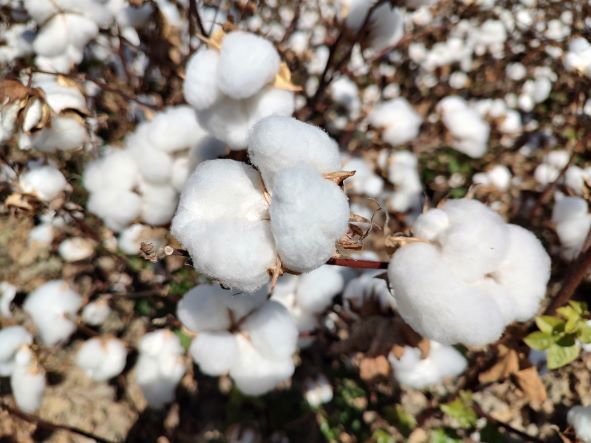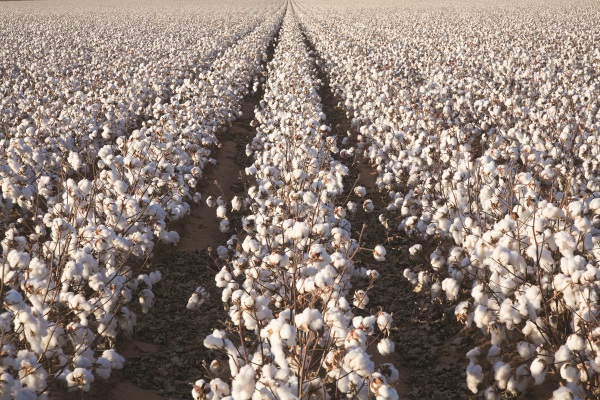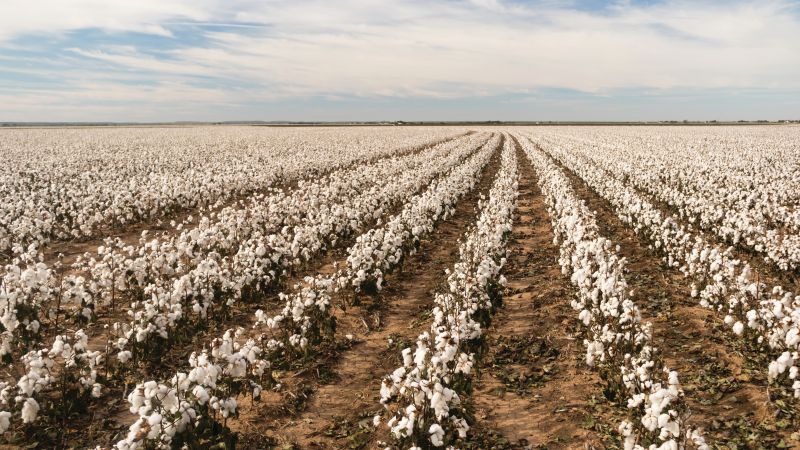Brazil Wins WTO Case Against U.S.

A World Trade Organization ruling today made it possible for Brazil to impose sanctions against U.S. goods and services to compensate for U.S. subsidies paid to its cotton farmers.
Today’s announcement comes nearly two months after a WTO ruling in which judges upheld a panel’s finding that the U.S. hadn’t done enough to scrap spending in its cotton market. In September 2004, the WTO ruled that up to $4 billion in annual cotton payments from the United States broke trade rules and ultimately drove the price of cotton worldwide, hampering other cotton producing nations.
In March of this year, Brazil asked the WTO to approve as much as $2.55 billion in sanctions on goods as well as intellectual property rights and services. U.S. officials argued that $20 to $30 million was more appropriate, in response to which Brazil threatened to suspend market access concessions for American providers of services in several industries.
The National Cotton Council is preparing an official press conference in response to today’s ruling, which should be posted here at Cotton247.com early this afternoon. Bloomberg and the Associated Press have more on this developing story.
UPDATE: In response to today’s WTO ruling, America’s National Cotton Council issued this official release:
In response to the WTO Arbitration Panel decision released today, NCC Chairman Hardwick stated that, “We are pleased that the arbitration award is far less than requested by Brazil, that the Panel provided no award with respect to the Step 2 cotton program, and that Brazil is not authorized to cross-retaliate at this time. This award, however, is based almost exclusively on 2005, the peak of U.S. cotton production, and doesn’t consider any U.S. policy changes made in the 2008 farm bill. The U.S. cotton program and export credit guarantee programs have changed considerably since 2005, with U.S. cotton production down 45 percent and the export credit guarantee program operating at no net cost. Today’s programs cannot possibly be determined to be causing injury in the world market.”
NCC President Mark Lange stated, “It is time for this ruling to be updated so the WTO can start focusing on the increasing subsidization of cotton by China and India. The difference between the Panel’s award and Brazil’s original request shows the unrealistic nature of Brazil’s claim, but even this amount fails to take into consideration the impact of U.S. cotton program changes made since 2005. U.S. cotton production in 2008 declined 45 percent; Brazil, China and India production increased more than 20 percent. The increased cotton production in Brazil, China and India has ensured that world cotton prices could not rebound,” stated Lange.
The U.S. share of world cotton production has declined to 12 percent of total world cotton production – an eight percentage point decline since 2005 and the lowest since 1983. The retaliation authority granted by the Panel does not reflect these changes.
Chairman Hardwick stated, “The U.S. won on many of the critical legal components raised by Brazil during this arbitration process. The Council commends the efforts of the Office of the U.S. Trade Representative and its legal staff on this case as well as the cooperative and central role played by professionals from the U.S. Department of Agriculture. We will work with USTR and others to ensure that the many changes previously made to U.S. commodity programs are better understood by the WTO.”
The WTO Arbitration Panel report issued today established the level of retaliation Brazil may take with respect to the U.S. export credit guarantee program and aspects of the U.S. cotton program. The Panel adopted a formula approach that requires the parties to conduct calculations to determine whether Brazil could cross-retaliate against intellectual property rights of U.S. companies. The Arbitration Panel authorized $147 million in retaliation authority for cotton and $147 million in retaliation authority for the export credit guarantee program — far less than the $2.7 billion in authority requested by Brazil and cross-retaliation is not authorized at this point.








